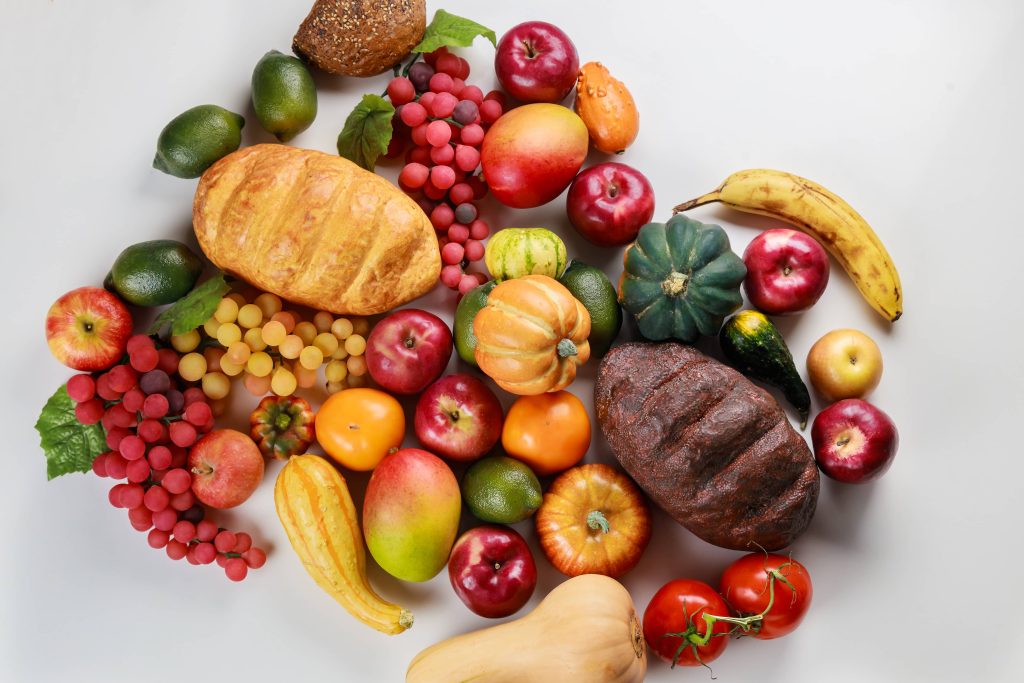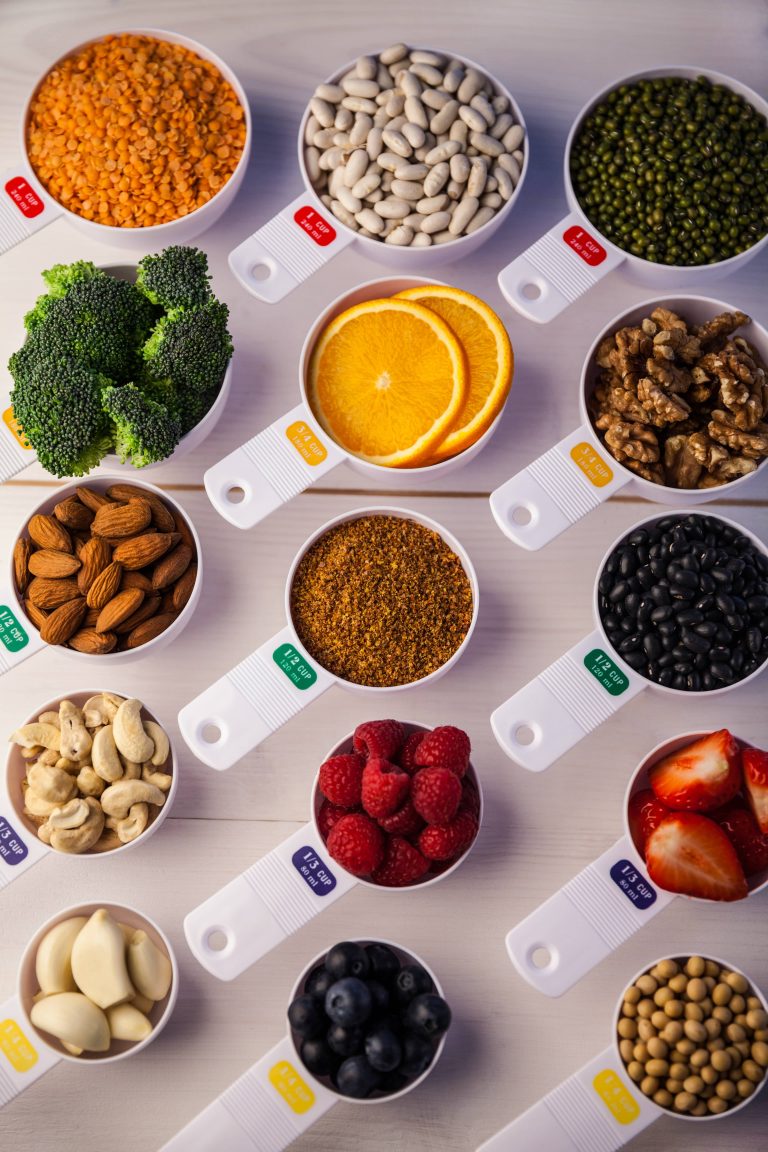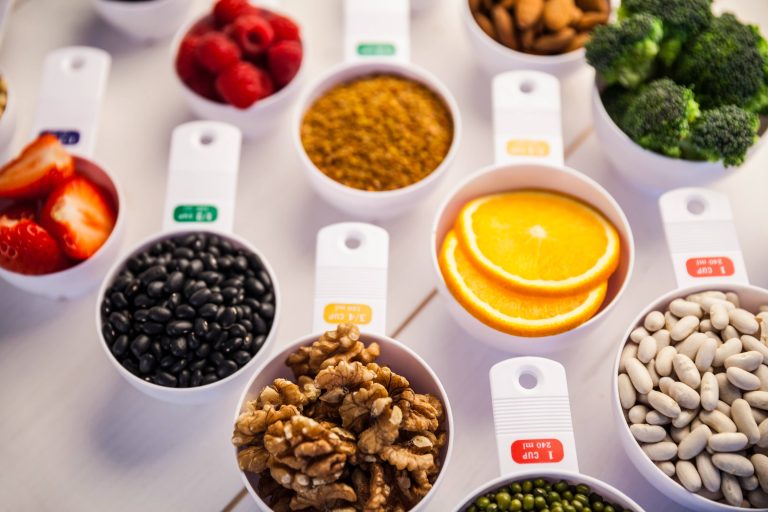
As we age, maintaining bone health becomes increasingly important. Osteoporosis and other bone-related diseases can become significant concerns, particularly in seniors. These conditions can lead to fractures, reduced mobility, and lower quality of life. Fortunately, diet plays a crucial role in supporting bone health in seniors. By focusing on certain nutrients and consuming a well-balanced diet, seniors can strengthen their bones and reduce the risk of bone-related diseases.
The Importance of Bone Health in Seniors
Bone health is critical for seniors, as the natural aging process includes the gradual loss of bone density. This can often lead to osteoporosis, a condition characterized by weak and brittle bones. Women are particularly at risk after menopause due to decreased estrogen levels, which can accelerate bone loss. However, both men and women can experience significant bone density loss as they age.
Strong and healthy bones are vital for mobility, balance, and overall health, allowing seniors to maintain independence and a high quality of life. Therefore, focusing on a diet that supports bone health is essential for seniors.
Key Nutrients for Bone Health
Calcium
Calcium is the most well-known nutrient for bone health, as it is a primary building block of bone tissue. Seniors should aim to consume the recommended daily intake of calcium to maintain bone density. Dairy products like milk, cheese, and yogurt are excellent sources of calcium. For those who are lactose intolerant or prefer non-dairy options, fortified plant-based milks, leafy greens such as kale and broccoli, and almonds can also contribute to calcium intake.
Vitamin D
Vitamin D plays a crucial role in bone health by enhancing calcium absorption in the gut. Seniors often face a risk of vitamin D deficiency due to less time spent outdoors and the skin’s decreased ability to synthesize vitamin D from sunlight. Foods rich in vitamin D include fatty fish like salmon and mackerel, fortified foods such as cereals and orange juice, and egg yolks. Seniors may also consider vitamin D supplements after consulting with a healthcare provider.
Magnesium
Magnesium is another key mineral involved in bone formation. It helps regulate calcium and vitamin D balance in the body. Whole grains, nuts, seeds, and green leafy vegetables are good sources of magnesium. Including these foods in the diet can help support bone health.
Protein
Protein is essential for maintaining muscle mass, which in turn supports and protects bone structure. Elderly individuals should ensure adequate protein intake to preserve muscle strength and prevent falls that could lead to fractures. Lean meats, poultry, fish, eggs, legumes, and tofu are excellent sources of protein.
Vitamin K
Vitamin K is involved in bone metabolism and the regulation of calcium. It is found in green leafy vegetables such as spinach, kale, and Brussels sprouts. Embodying these vegetables into a senior’s diet can aid in maintaining optimal bone health.
Omega-3 Fatty Acids
Omega-3 fatty acids, found in oily fish like salmon, walnuts, and flaxseeds, have anti-inflammatory properties and may help reduce bone loss as seniors age. Including omega-3-rich foods in the diet can offer additional support for bone health.
Building a Bone-Healthy Diet
Creating a meal plan that incorporates these nutrients can help support bone health in seniors. Here are some practical tips:
1. Diverse Diet: Ensure a variety of foods from all food groups to provide a wide range of essential nutrients.
2. Snack Wisely: Opt for nutrient-rich snacks like a handful of almonds, a small bowl of Greek yogurt, or a slice of whole-grain toast with almond butter.
3. Fortified Foods: Look for calcium and vitamin D-fortified foods, especially if dietary restrictions limit the intake of certain foods.
4. Mindful Preparation: Prioritize cooking methods that preserve nutrient integrity, such as steaming vegetables rather than boiling them for long periods.
5. Plan Balanced Meals: Include at least one food source from each essential nutrient category in every meal to meet daily intake requirements.
6. Stay Hydrated: Adequate fluid intake also plays a role in bone health, as dehydration can affect bone metabolism.
7. Consult a Professional: Seniors with specific dietary restrictions or health conditions should consult a dietitian or healthcare provider to tailor a bone-healthy diet plan.
The Role of Lifestyle and Exercise
While diet is a critical component of bone health, it is complemented by an active lifestyle. Regular weight-bearing exercises such as walking, jogging, dancing, or Tai Chi can help strengthen bones and improve balance. Integration of strength training exercises can further aid in building muscle mass and supporting bone structure.
Additionally, avoiding smoking and limiting alcohol consumption are vital lifestyle choices that can positively impact bone health.
Conclusion
Supporting bone health in seniors through diet is a crucial aspect of aging well. By focusing on key nutrients like calcium, vitamin D, magnesium, and protein, seniors can take proactive steps to maintain strong and healthy bones. Coupled with an active lifestyle, such dietary interventions can significantly reduce the risk of bone-related diseases, ultimately enhancing quality of life and independence. As always, personalized dietary recommendations from healthcare professionals can provide additional guidance for ensuring optimal bone health in seniors.










